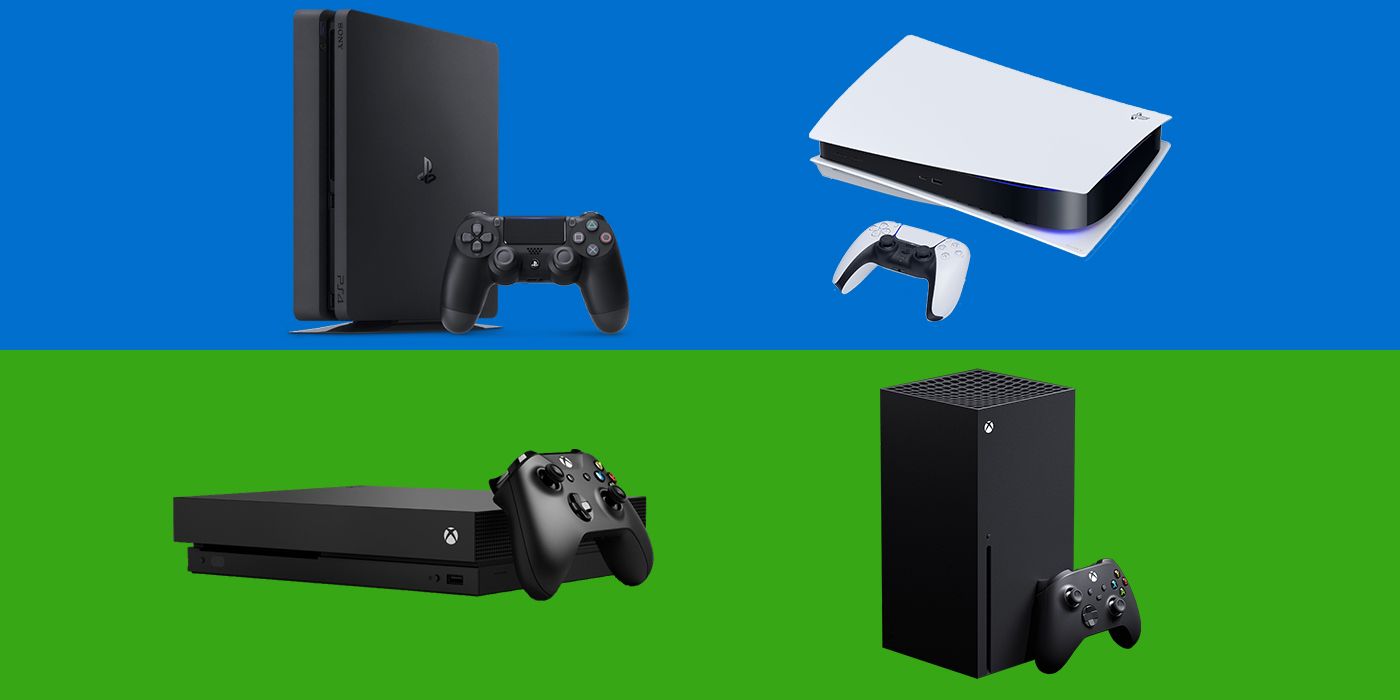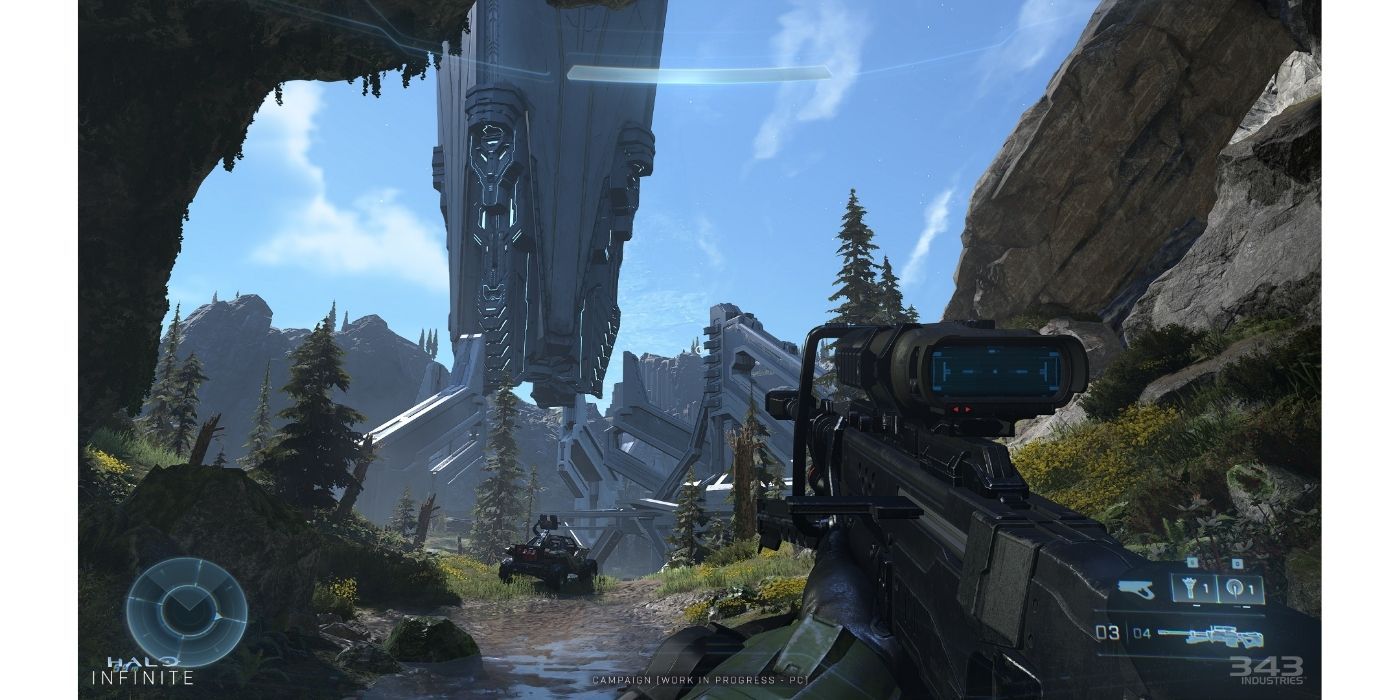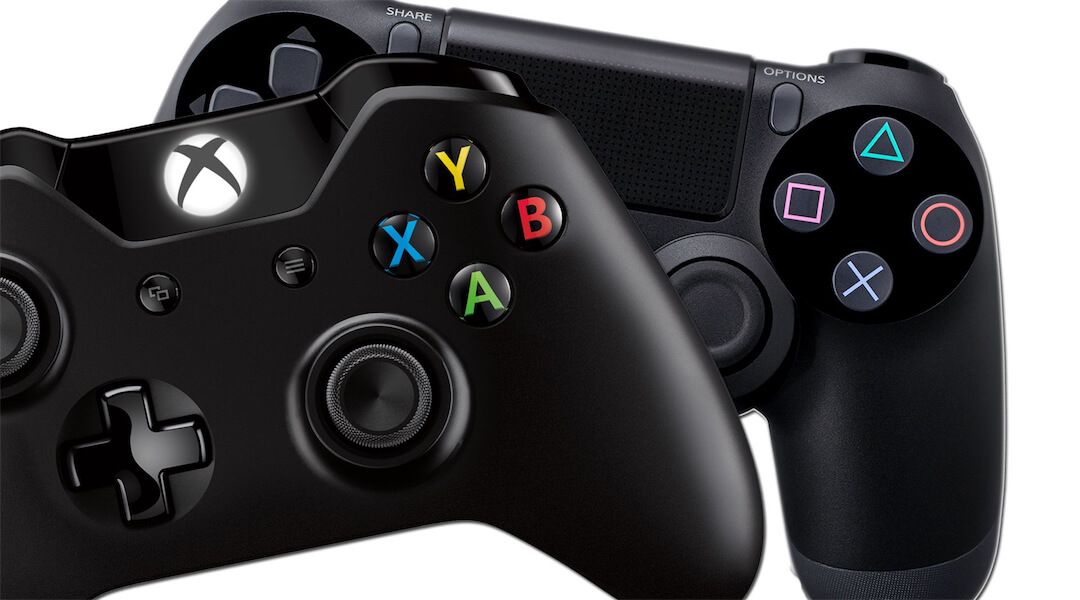When Cross-Generation Game Releases Could End In Favor of PS5, Xbox Series X

An unfortunate inevitability with console generations is that the new hardware often releases and quickly supplants last-gen consoles. Obviously in 2020 it's a special case, considering the Covid-19 pandemic caused industry slowdown worldwide, and not just in the video game industry. Hardware manufacturing slowed to a crawl due to reduced manpower, safety precautions, and an overall shortage of necessary components, all of which affected PS5 and Xbox Series X/S production. Over a year after the pandemic began, console shortages are starting to wane off as more hardware is manufactured and shipped, but next-gen consoles are still relatively difficult to get.
Obviously developing multiple versions of a game for last-gen and current-gen hardware is difficult, as performance scaling and optimization is not easy for five or six different platforms. That's not even counting any Nintendo Switch version, something Control opted into eschewing entirely, in favor of utilizing game streaming instead. Remedy Entertainment's communications director, Thomas Puha, bluntly stated that cross-gen game development "sucks." It's hard to say exactly when it will happen, but eventually, support for PS4 and Xbox One will drop off. Due to limiting factors, it's doubtful that will be at any point this year, but it may be sooner than some expect.

At least in the short-term, the rest of this year should still see plenty of support from new titles. There will be many outliers that are made current-gen console exclusives, especially from Sony's pack: Returnal, Ratchet & Clank: Rift Apart, among those already released like Astro's Playroom and Demon's Souls, will remain PS5-exclusive. However, there are a ton of games released and coming out, from first and third-party publishers, that will receive cross-generational console releases in 2020/2021.
Live-service games like the ongoing Avengers and soon-to-release Outriders will be available on PS4/PS5 as well as Xbox One/Xbox Series X/S. Multiplayer experiences like the Xbox-exclusive Halo Infinite are launching on all three Xbox consoles, with cross-play between all versions and PC. Even largely singleplayer games like the upcoming PlayStation-exclusive Kena: Bridge of Spirits will release on PS4 as well as PS5, while Resident Evil Village will receive a full cross-generation release. In terms of average players between PS4/PS5 and all Xbox consoles, cross-generational releases will not be slowing down all that much this year, based on what's known already.
As for next year, well, that could be a very different story. Both PlayStation and Xbox stated that support for last-gen consoles would exceed the launch year of PS4 and Xbox One, though support of PS3/Xbox 360 consoles fell off fairly quickly after release. Xbox even developed and released another hardware iteration of the Xbox 360 in 2013, just a few months prior to the Xbox One's launch. Obviously, the pandemic certainly has the potential to change things, but support for the PS4 and Xbox One may not extended much farther beyond 2022.

Remedy Entertainment's comments on cross-generation game development could very well foreshadow what the immediate future for the PS4 and Xbox One might be. Granted Control, Remedy's latest game, runs surprisingly well on the PS4 and Xbox One, despite PC and PS5/Xbox Series X boasting much higher fidelity and performance. However, based on Puha's comments, the reality of cross-generational game development is that it halts progress on next-gen efforts. Because resources are being devoted to development on five to seven consoles, devoting scarce development resources to improving game engines or pushing new hardware have to be halted.
Of course, the end-result of divvied up development resources can sometimes lead to troublesome releases anyway. As most recently evidenced by CD Projekt Red, Cyberpunk 2077's last-gen release was marred with severe performance issues, even compared to the problems with the PC and backwards-compatible PS5/Xbox Series X versions. The big caveat for Cyberpunk 2077 is that, as evidenced by the numerous reports that have come out in the wake of the game's release, several exterior factors had affected Cyberpunk 2077's development as well. Regardless, it just goes to show that "porting" a game to last-gen consoles is not as easy as it may seem.
Which is largely why last-gen support may not stick around as long as it may seem, even if it's seemingly lasting longer than the PS3/Xbox 360 console generation. In all fairness, the gap in hardware performance between PS4/PS5 and Xbox One/Xbox Series X is not as drastic as it was for the previous two console generations. The after-effects of the Covid-19 pandemic are likely the biggest determinant factors in PS4/Xbox One support beyond 2021. Numerous vague game delays out of 2021, paired with a widening availability of PS5 and Xbox Series X/S consoles with each month, last-gen console support for PS4/Xbox One may not stick around much longer beyond 2022.

Post a Comment